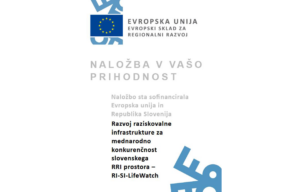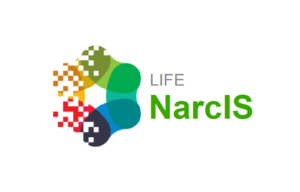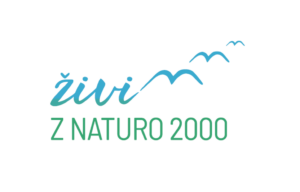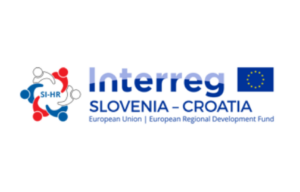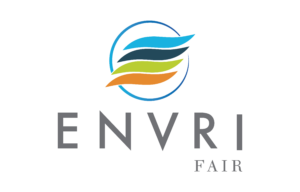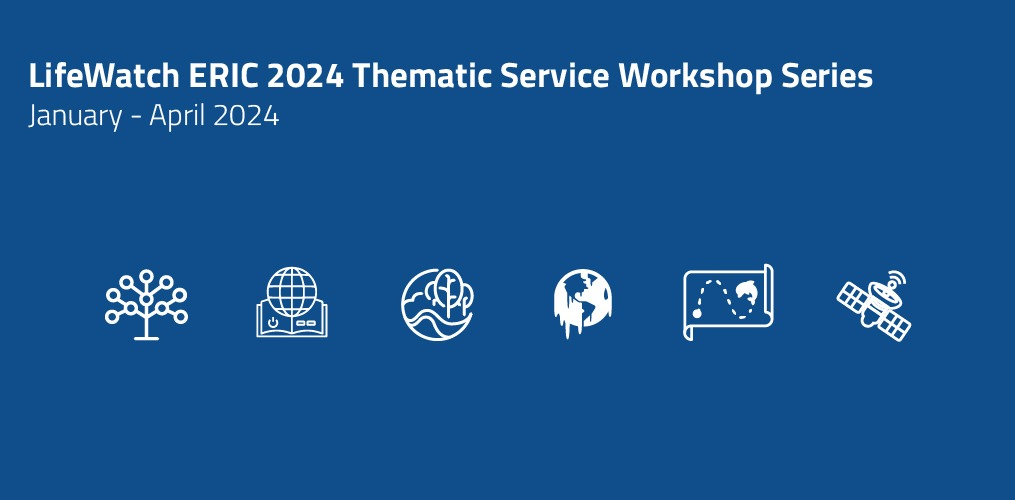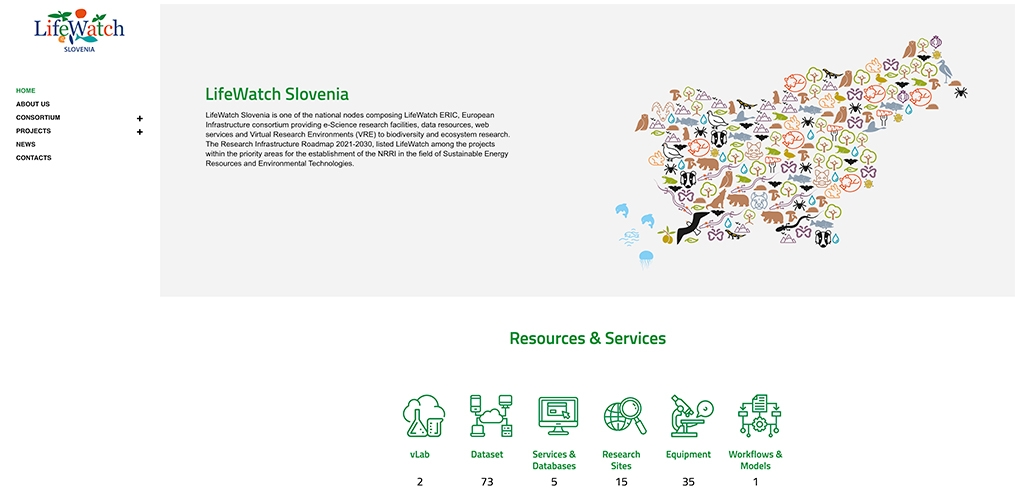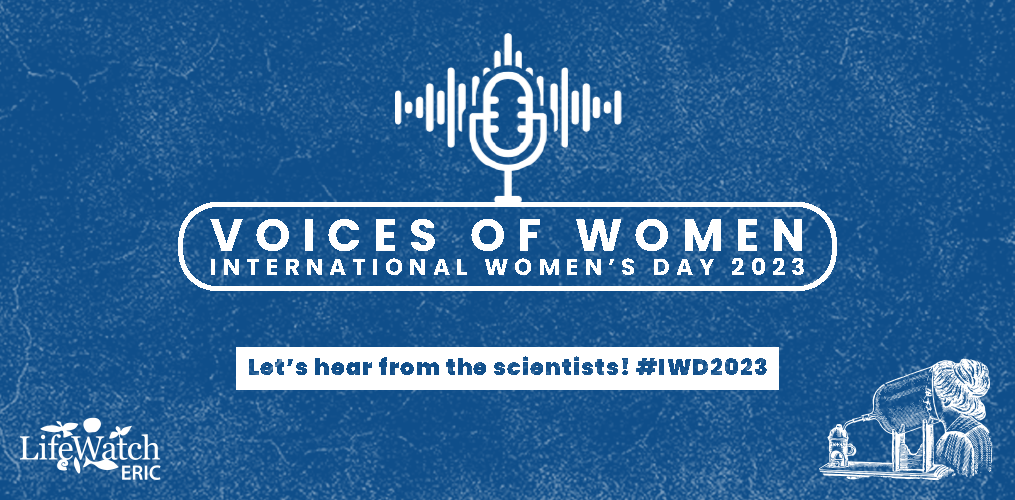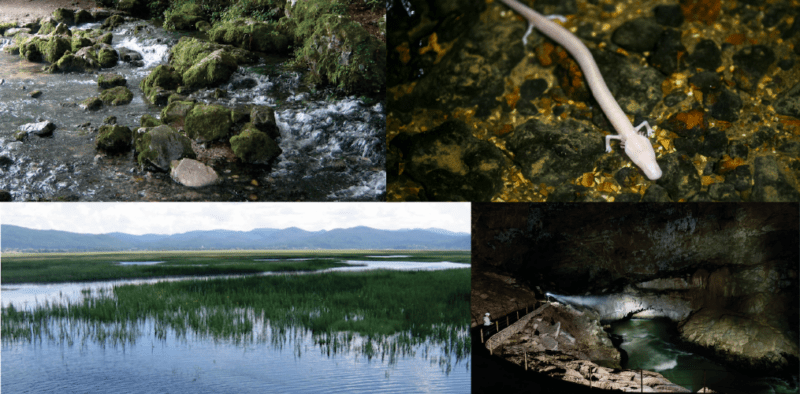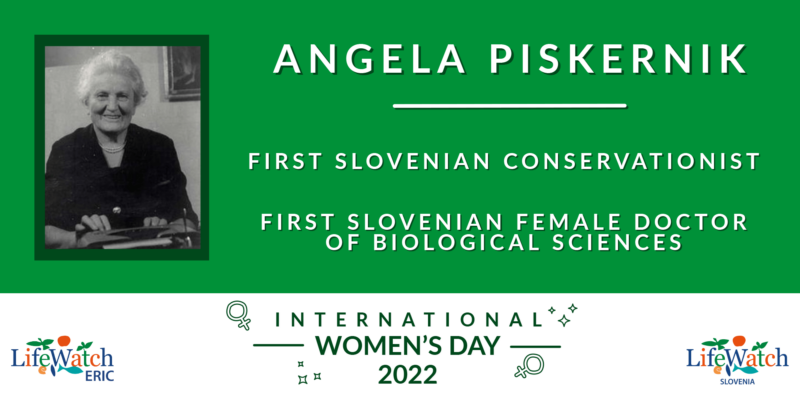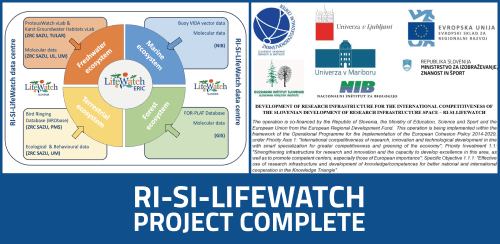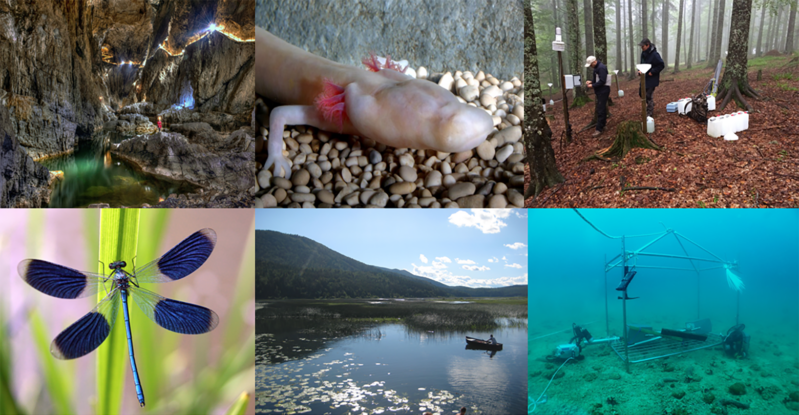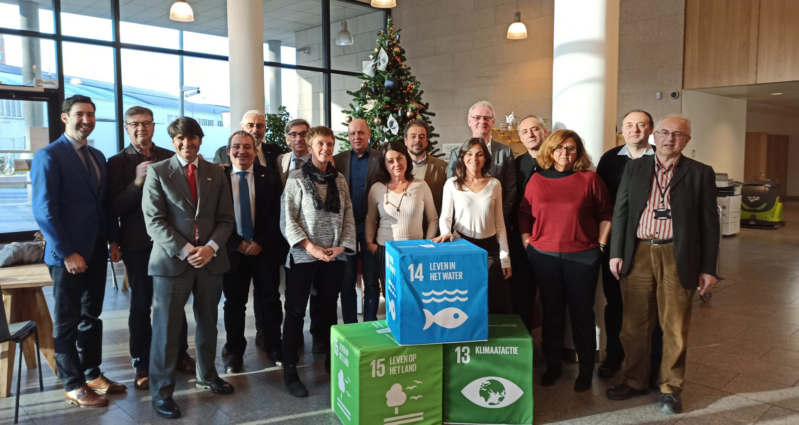Contacts
LifeWatch Slovenia
- info.lifewatch[at]zrc-sazu.si
- +38 (0)5 700 19 40
Karst Research Institute at Research Centre of the Slovenian Academy of Sciences and Arts – ZRC SAZU
Titov trg 2, 6230 Postojna
Slovenia joined LifeWatch ERIC in 2017 and it contributes to LifeWatch ERIC through its National Distributed Centre.
Since 2016, LifeWatch has also been on the Slovenian national RI roadmap. The LifeWatch-SI National Consortium was officially established in 2015.
The LifeWatch-SI consortium consists of 10 partners from nationally and internationally recognised scientific institutions, universities, a regional park, a national museum, and an NGO, all active in the field of biodiversity and ecosystem research, with ZRC SAZU serving as the national coordinator and headquarters of LifeWatch-SI.
What We Do
BRDbase
ProteusWatch vLab
FOR-PLAT
Karst Groundwater Habitats vLab
Buoy VIDA
Meteo station Jelševnik
Organisation
Several partners from the LifeWatch Slovenia consortium actively contribute, with new ecological research measurements and observations which are integrated into dedicated data and services for different ecosystem domains:
1. Terrestrial ecosystem: The Database of the Slovenian Bird Ringing Centre (BRDbase);
2. Marine ecosystem: Buoy VIDA, vector data service;
3. Forest ecosystem: the FOR-PLAT data platform;
4. Aquatic ecosystem, with two future virtual labs to assess and monitor inaccessible and unique karst groundwater biodiversity hotspots (e.g. Proteus anguinus and various cave invertebrates): ProteusWatch vLab and Karst Groundwater Habitats vLab.
This leaflet presents the LifeWatch Slovenia Distributed Centre, its main activities and organisational structure.
You can browse the leaflet online (full screen mode is available in the control bar) or download it by clicking on the three dots icon.
